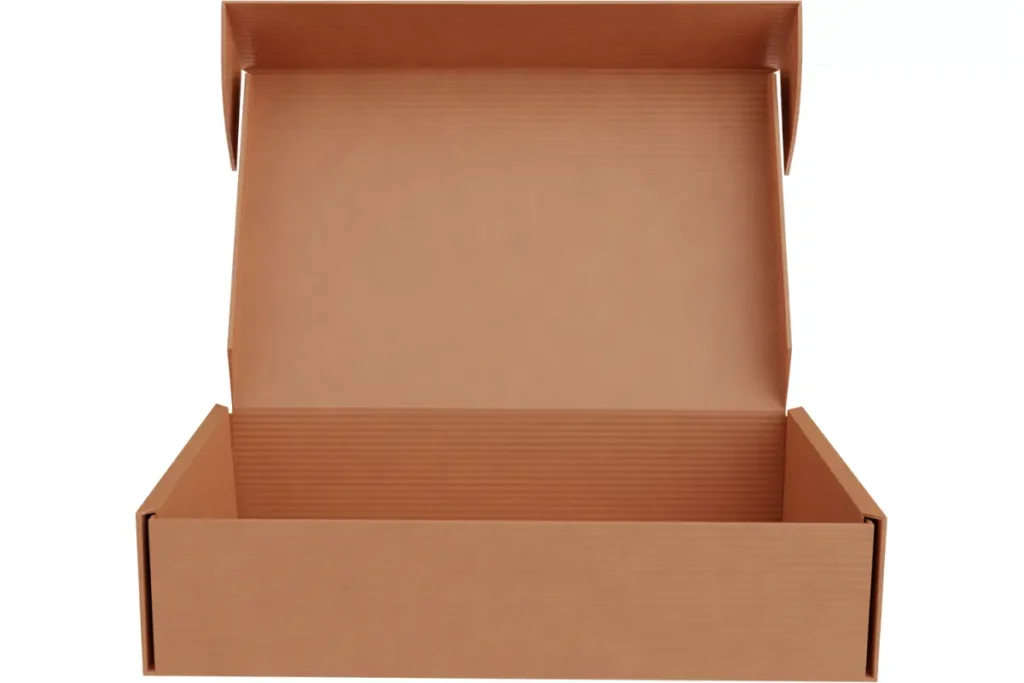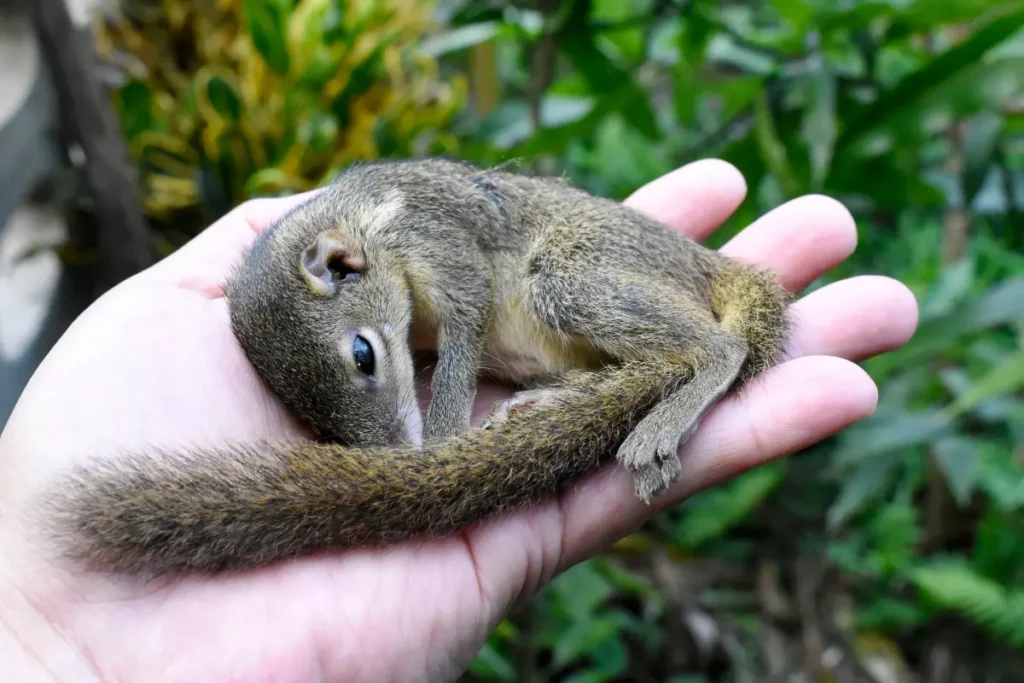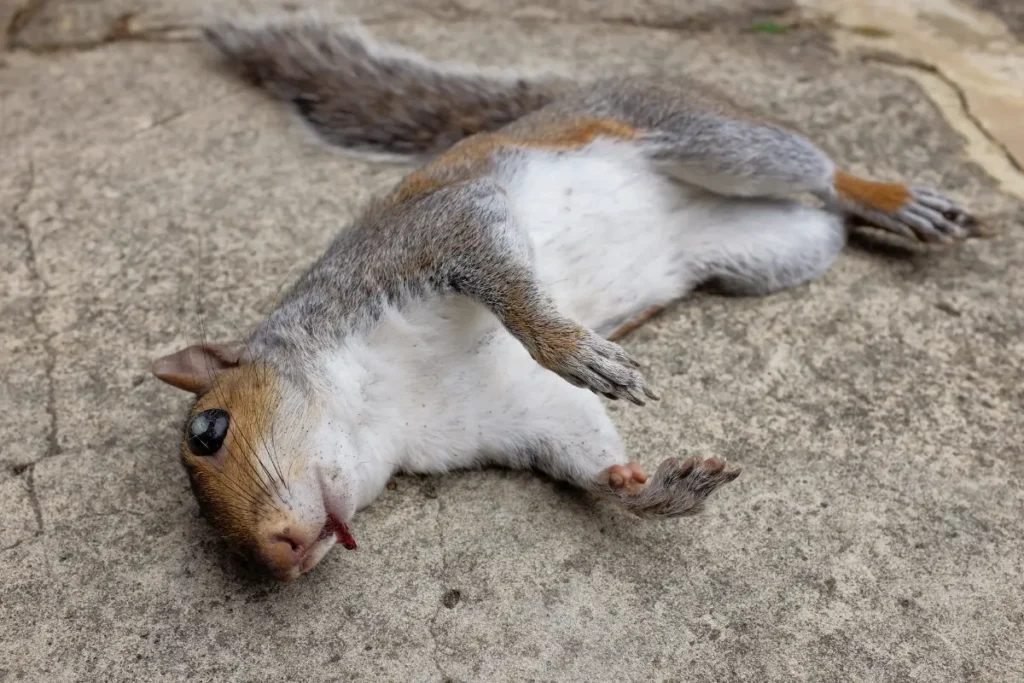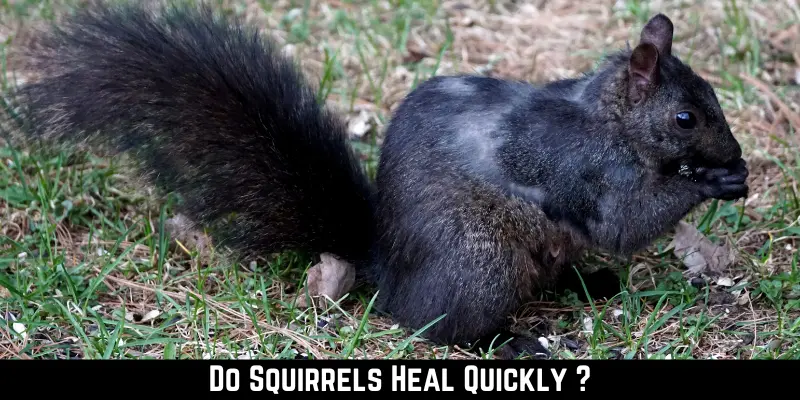Squirrels are cute little animals that like to play and run around. This cute animal is a pest and ruins things while residing inside your attic. However, one can never turn away from an injured animal that will be cruel. If you are here, that means you found an injured squirrel. So, do squirrels heal quickly?
Yes. Squirrels heal quickly. The healing process will magnify by long rest. When the squirrel is injured, it will no longer play around or go out. To make the healing quicker and more comfortable for squirrels, do not disturb the animal. Instead, provide it with food and fresh water.
Continue reading, and you will find interesting facts about squirrels’ injuries and their healing process.
Can Squirrels Heal Themselves?

Squirrels will need care and nutrition to heal. They cannot mend themselves alone without food, water, and shelter. If an injured squirrel is left alone, it will hardly survive for days. Therefore, it is necessary to take care of the wounded little animal.
When you find an injured squirrel, place it in a cardboard box. Never use the cage for squirrels as they are wild. A hurt squirrel will feel scared in the animal cage, and instead of focusing on its recovery, it might become violent.
Place the squirrel in a shelter away from sunlight and treat the wound. Call the vet if you do not know how to take care of the injury. Place a large cloth inside the box to keep the animal warm.
This step is crucial as blood loss in an adult squirrel will make it cold. Then provide the animal with nutrition and keep it hydrated.
Can An Injured Squirrel Survive?

Proper care, shelter, nutrition, and hydration are essential for an injured squirrel to survive. A squirrel with a wound from a cat bite will require immediate attention.
Because the longer the wound is open without any treatment, the chance of bacterial infection increases, and the squirrel will not survive more than a few days after the widespread bacterial infection.
Mild skin disease or sprain can heal on its own, but when there is a broken limb and wounded eye, it will require medical treatment and proper care. Similarly, a squirrel injured in a car accident should be taken to the vet for treatment o injuries and shock.
If a baby squirrel falls from its nest or is left alone, it can die without warmth and milk. When you find a baby squirrel, wrap it in cloth and purchase squirrel milk formula to feed the baby. Restrain from feeding it regular milk.
What Do Squirrels Do When Injured?
After an accident squirrel can go into a state of shock, it becomes cold, with fixed eyes staring at one place and not responding to touch. You can notice them taking a quick breath and having a rapid pulse.
Notice these signs carefully and carry the squirrel to a safe place. It is better to take it to a vet clinic after a car accident or severe fall.
Wrap the squirrel in the towel immediately because blood loss with shock is definitely a big no for squirrels’ health. Distress and an injured squirrel will take time to recover. It is better to keep the poor animal in a shelter with plenty of food and fresh water.
It can come back from a state of shock, and if the wound is superficial, it can recover. Alone in the wild with a deep wound, a squirrel will not be able to survive.
Can A Squirrel Survive With An Injured Leg?
A squirrel can survive with an injured leg. A sprained leg will be fine within a few days. But when there is a broken joint, it requires medical treatment. A squirrel with a broken leg can survive. But when the bone is hurt, it will be difficult to locomotion or move.
The injured leg will cause hindrance in daily activities of hunting. Therefore, if a squirrel cannot hunt, it will probably die from starvation or a predator attack. Squirrels have many predators, including dogs.
The squirrel lives an attack from the predator by running away and hiding from its killer. But an injured leg will make it hard, and it becomes food for a starving animal.
According to the research of Nancy D. Moncrief, Liberty Hightower, Alferd J mead, and Kaloyan Ivanov, skeletal injuries like broken bones impacts the movement of squirrel and therefore cause an effect on their hunt for food and dodging predator.
Researchers studied the injuries in two squirrels and concluded urban squirrels have a higher survival rate from injury than rural squirrels.
What Do Squirrels Do When Another Squirrel Dies

Just like us humans, squirrels also grieve death. They go into morning periods and will take days to come out of it. Squirrels are empathetic. When their friend dies, they carry the dead body and guard it against predators. Therefore, it is no surprise that a dead squirrel from a road accident cannot be seen after a while.
Unlike other wild animals, it does not eat on the carcass but instead guards it against carnivorous. Squirrels are not burying animals; they leave their dead alone in the quiet corner.
Terminally ill or slowly dying squirrels typically confined themselves in a nest for a peaceful and quiet death. The dead squirrel inside the nest will decompose on its own.
Conclusion
Many wild animals heal quickly, including squirrels. However, a severe injury may require your attention. Squirrels are friendly, playful animals that cannot sit around for a long duration.
When they are injured, it becomes slightly difficult to manage daily activities. Minor injuries or superficial wounds can heal in the wild. But when you find a fallen squirrel in your yard, it will require care.
A squirrel from an accident can go in shock for a while and becomes cold. Wrap the animal in a towel to provide warmth and place it in a box, not a cage. After treating the wound, provide the squirrel with food and fresh water. Never feed regular milk to squirrels as it can cause diarrhea.
References
Nancy D Moncrief, Liberty Hightower, Alfred J Mead, Kaloyan Ivanov, Prevalence and location of survivable skeletal injuries in two North American tree squirrels (Sciurus), Journal of Mammalogy, Volume 103, Issue 3, June 2022, Pages 663–671


